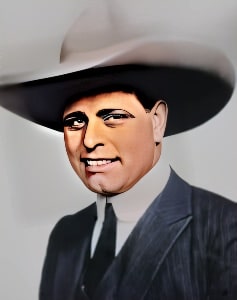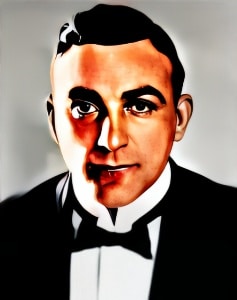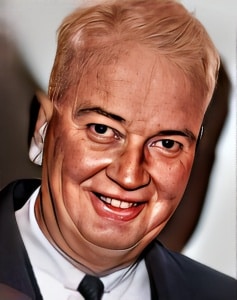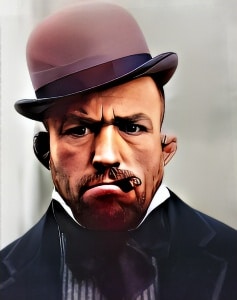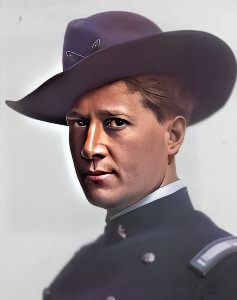 William P. Carleton, born on 3rd October 1872 in London, England, UK, was a significant figure in the early years of cinema.
William P. Carleton, born on 3rd October 1872 in London, England, UK, was a significant figure in the early years of cinema.
He played a crucial role in shaping the burgeoning film industry as both an actor and director, contributing to the development of silent cinema and the visual language of storytelling on the silver screen.
Carleton’s journey into the world of entertainment began during a time when the film industry was still in its experimental stages. Silent films relied on visual storytelling, making it imperative for actors to convey emotions and narratives primarily through facial expressions and physical movements. Carleton’s adaptability to this medium and his talent for captivating audiences through his performances showcased his acting prowess.
One of Carleton’s notable achievements was his work in “ The Flapper” (1920), a film that epitomized the spirit of the Roaring Twenties, a decade characterized by cultural change and rebellion against traditional norms. Directed by Alan Crosland, “ The Flapper” portrayed the emergence of a more liberated and independent generation. Carleton’s role in this film was pivotal, capturing the essence of the era through his performance.
Carleton’s versatility as an actor extended beyond his work in “ The Flapper.” He appeared in a range of silent films, including dramas, comedies, and character-driven roles. His filmography demonstrated his ability to engage with a diverse array of characters and narratives, establishing him as a reliable and adaptable actor in the early film industry.
The transition to sound films marked a significant shift in the film industry, challenging many silent film actors to adapt to this new era. While Carleton primarily worked in the silent film era, his extensive experience and adaptability allowed him to navigate the changing landscape of the film industry.
In conclusion, William P. Carleton was a prominent figure in the early years of cinema. His career spanned the silent film era, during which he showcased his versatility as an actor. His work in “ The Flapper” captured the spirit of the Roaring Twenties and the rise of the flapper as a symbol of youthful rebellion and social change. While his name may not be as widely recognized today as some of the leading actors of his time, his performances and his ability to adapt to the changing landscape of the film industry remain a valuable part of the rich history of early Hollywood.

